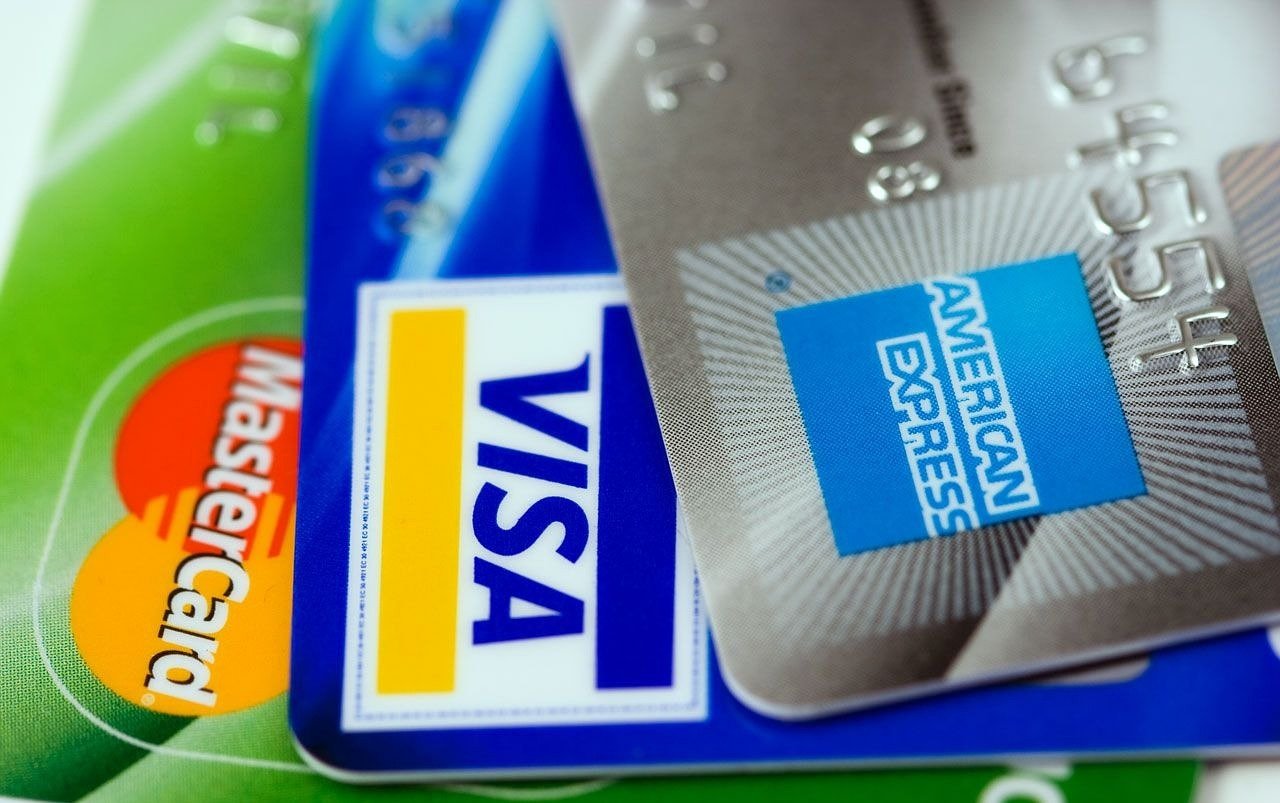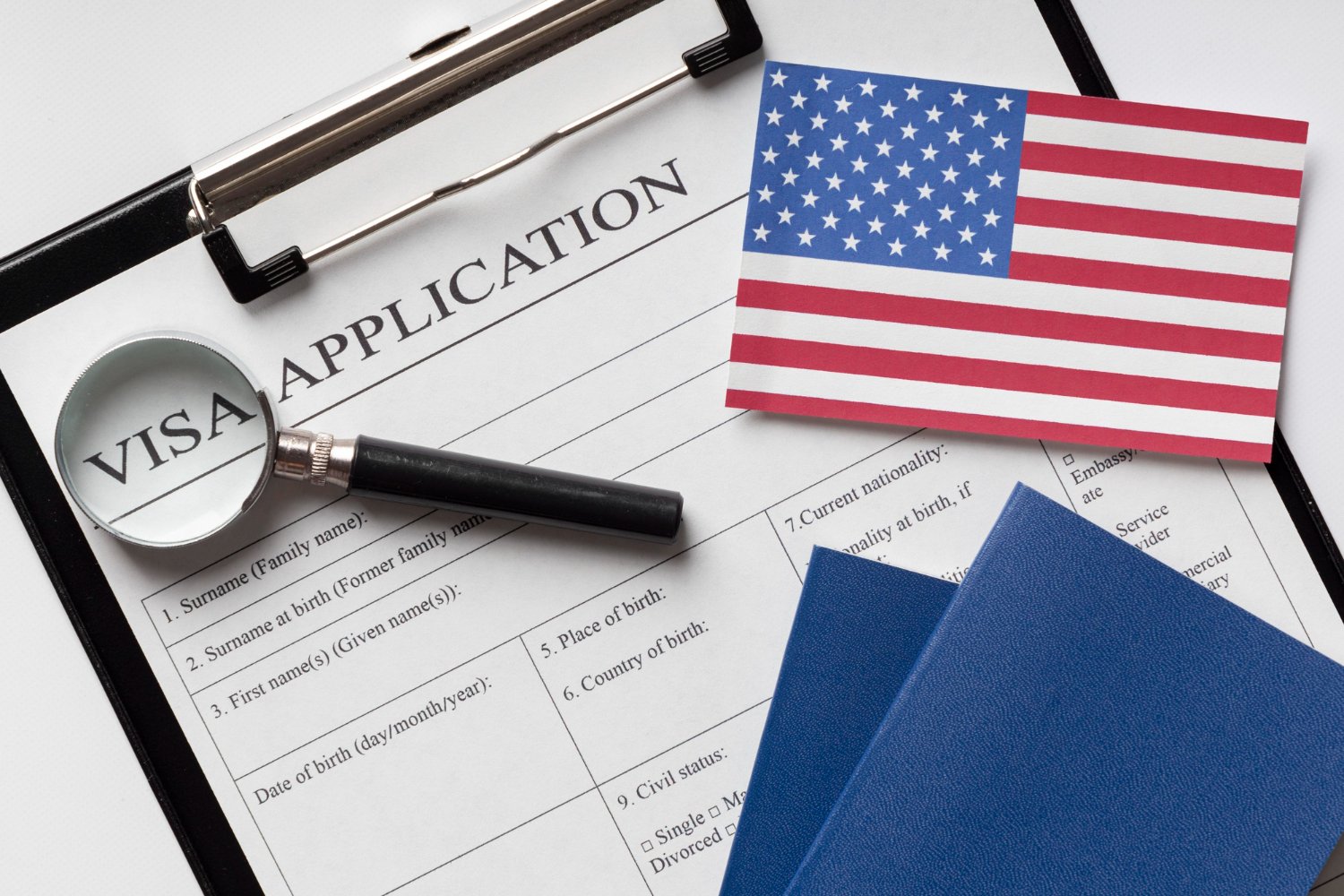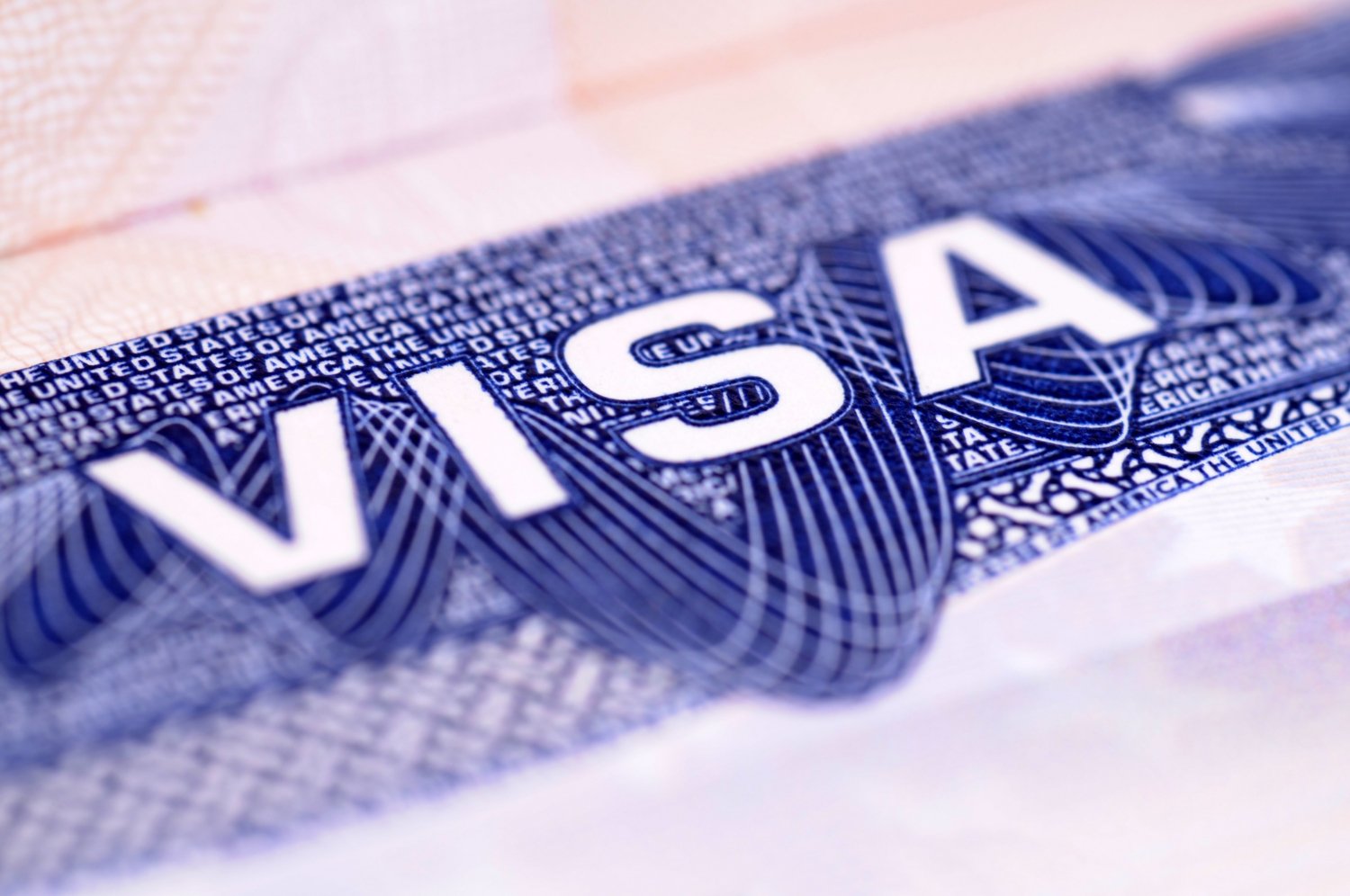
The program’s launch will make it easy for Indians to obtain an American visa
The ease of obtaining an American visa for Indians, as for citizens of other countries, can vary greatly depending on several factors including the type of visa being applied for, the applicant’s personal circumstances, their travel history, ties to their home country, financial situation, and the purpose of their visit.
Generally, tourist (B2) and business (B1) visas are among the most common visas applied for by Indians. The process involves completing an online application, paying the required fee, scheduling an interview at the U.S. Embassy or Consulate, and then attending the interview where the applicant must demonstrate their intent to return to India after their visit to the U.S.
The U.S. State Department evaluates applications based on the potential risk of applicants overstaying their visas or violating their visa terms. As such, demonstrating strong ties to India through employment, family, or property can be an important part of the application. The success of the application can also depend on the applicant’s ability to clearly communicate the purpose of their visit and how they plan to support themselves financially while in the U.S.
For other types of visas, such as work (H1B, L1) or student (F1, J1) visas, the requirements and process can be different, often involving a sponsoring employer or educational institution in the U.S.
It’s important to note that due to various factors, including policy changes, diplomatic relations, and even global events like the COVID19 pandemic, the difficulty of obtaining a visa can fluctuate over time. Wait times for interview appointments can also vary greatly, impacting the overall ease of obtaining a visa.
For the most accurate and current information, it’s always best to consult the official website of the U.S. Embassy or Consulate in India or seek advice from a qualified immigration lawyer.
1. What is H1B visa?

The H1B visa is a non-immigrant visa that allows U.S. companies to employ foreign workers in specialty occupations that require theoretical or technical expertise. Specialty occupations may include fields such as information technology, engineering, mathematics, science, medicine, and finance. The H1B visa is one of the most popular avenues for skilled professionals seeking to work in the United States due to its flexibility and the opportunities it offers.
Key Features of the H1B Visa:
Specialty Occupations: To qualify for an H1B visa, the job must meet certain criteria that classify it as a specialty occupation. Typically, this means the role requires a bachelor’s degree or higher (or its equivalent) in a specific specialty that is directly related to the job.
Annual Cap: There is an annual limit on the number of H1B visas issued. As of the last update before my last training cut-off in April 2023, the cap is set at 65,000 visas for the general category and an additional 20,000 visas for candidates who hold a master’s degree or higher from a U.S. institution.
Duration: The H1B visa is initially granted for up to three years, but it can be extended. Typically, the maximum duration is six years, although there are exceptions that allow for extensions beyond this limit under certain circumstances, such as pending permanent residency (green card) applications.
Employer Sponsored: The H1B visa requires a U.S. employer to sponsor the foreign worker. The employer must file a petition with U.S. Citizenship and Immigration Services (USCIS) on behalf of the employee.
Portability: H1B visa holders can change employers, but the new employer must also file a petition with USCIS before the employee can start working for the new company.
Dual Intent: Unlike some other non-immigrant visa classifications, the H1B allows for dual intent. This means that H1B visa holders can apply for permanent residency (a green card) without affecting their H1B status.
Dependents: H1B visa holders can bring their spouse and unmarried children under the age of 21 to the U.S. under the H4 visa category. In some cases, H4 visa holders may obtain authorization to work in the U.S.
The H1B visa program is subject to regulations and policies that can change, affecting application processes, eligibility, and quotas. It plays a significant role in enabling U.S. employers to hire highly skilled foreign workers in sectors with talent shortages, contributing to innovation and economic growth.
2. Which citizens will have their visas renewed?

In the context of U.S. visas, the ability to renew a visa largely depends on the type of visa, the individual’s circumstances, and their adherence to the terms of their original visa. Generally, most non-immigrant visa types can be renewed, provided the applicant continues to meet the eligibility requirements for the visa category under which they are applying. This includes, but is not limited to, tourist/business (B1/B2), student (F and M), exchange visitor (J), work visas (including H1B, L, O, and others), and certain specialized visas like those for artists, athletes, and religious workers.
The process for renewing a visa typically involves:
- Completing an Application: Filling out the same form as for the initial visa application, such as the DS160 for non-immigrant visas or the DS260 for immigrant visas.
- Paying the Visa Fee: Applicants must pay the applicable visa application fee.
- Scheduling an Interview (if required): Depending on the applicant’s age, visa category, and the U.S. embassy’s or consulate’s policies, an interview may not always be necessary for visa renewal. However, some applicants will still need to attend a new interview.
- Submitting Documentation: This includes providing a passport valid for travel to the United States with a validity date at least six months beyond the applicant’s intended period of stay in the U.S. (unless country specific agreements provide exemptions), previous visas, and any other documentation supporting the visa renewal application.
The criteria for who can have their visa renewed without an interview can change and may include factors such as:
The applicant’s age.
Whether the applicant is applying for the same type of visa.
How soon the visa renewal is applied for after the expiration of the previous visa.
The applicant’s visa history and whether they have previously overstayed a visa.
It’s essential to check the specific requirements and procedures at the U.S. embassy or consulate where you plan to apply, as these can vary by location and are subject to change. Policies regarding visa renewals, including eligibility for interview waivers, can also be influenced by the current state of U.S. immigration law and policy, which may evolve over time.
For the most accurate and up-to-date information, visiting the official website of the U.S. Department of State or the U.S. embassy or consulate where you intend to apply is recommended.
3. How long will this program run?

The H1B visa program, which allows U.S. employers to temporarily employ foreign workers in specialty occupations, is a staple of U.S. immigration policy and does not have a set expiration date. The program operates under the regulations and caps established by Congress and administered by the U.S. Citizenship and Immigration Services (USCIS). The current structure of the H1B program allows for an annual cap of 65,000 visas for foreign professionals in specialty occupations, with an additional 20,000 visas for those who have earned a master’s degree or higher from a U.S. institution.
The duration of an H1B visa is initially three years, and it can be extended for up to a total of six years. In some cases, individuals may be eligible for extensions beyond six years under certain circumstances, such as when a permanent residency (green card) application is in process and meets specific milestones.
As for renewing an H1B visa, individuals outside the United States with an expired visa must apply for a new visa at a U.S. Embassy or Consulate abroad to re-enter the U.S. This process typically involves submitting a new visa application, paying the visa application fee, and attending a visa interview. The ability to renew or extend H1B status while in the U.S. depends on USCIS approval, which involves filing the appropriate forms and documentation, including proof of continued employment in a specialty occupation.
The future of the H1B visa program, including any changes to its operation, caps, or requirements, depends on U.S. legislative and executive actions. Immigration policies can be subject to change based on shifts in political priorities, economic needs, and other factors. However, due to the importance of the H1B program for U.S. employers, especially in technology, engineering, and medical fields, significant modifications to the program would likely be widely debated and publicly scrutinized.
For the latest information on the H1B visa program, including any changes or updates to its operation, it’s essential to refer to official sources like the USCIS website or consult with an immigration attorney.
4. How can I apply?

Applying for an H1B visa involves several steps and requires close coordination between the prospective employee (beneficiary) and the U.S. employer (petitioner). The process is competitive due to the annual cap on the number of visas issued. Here’s a general outline of how to apply for an H1B visa:
- Find a U.S. Employer
The first step is to find a U.S. employer willing to sponsor you for an H1B visa. The job offered must qualify as a specialty occupation, typically requiring at least a bachelor’s degree or its equivalent in a related field.
- Labor Condition Application (LCA)
The employer must file a Labor Condition Application (LCA) with the U.S. Department of Labor (DOL). The LCA, Form ETA9035E, is an attestation by the employer about the terms and conditions of the employment contract. It includes the position’s wages, working conditions, and that employing H1B workers will not adversely affect the conditions of similarly employed U.S. workers.
- Form I129
Once the LCA is certified by the DOL, the employer can file Form I129, Petition for a Non-immigrant Worker, with U.S. Citizenship and Immigration Services (USCIS). The I129 petition should include the certified LCA, evidence of the beneficiary’s qualifications, and other supporting documentation.
- USCIS Processing and Lottery
USCIS reviews the I129 petitions. Due to the high demand and the annual cap on H1B visas (65,000 regular cap and an additional 20,000 for holders of advanced degrees from U.S. institutions), USCIS conducts a random lottery if it receives more petitions than available visas.
- Notification of Selection and Petition Approval
If the petition is selected in the lottery, USCIS will adjudicate it. If approved, the employer and beneficiary will receive a notice of approval, Form I797.
- Apply for the Visa and Schedule an Interview
After receiving the I797 form, if you are outside the United States, you can apply for the H1B visa at a U.S. Embassy or Consulate in your home country. This involves completing the Online Non-immigrant Visa Application (DS160), paying the visa application fee, and scheduling a visa interview.
- Attend the Visa Interview
Attend the visa interview at the U.S. Embassy or Consulate. You will need to bring your passport, the DS160 confirmation page, a photograph, the visa application fee receipt, the I797 form, and any other documents that support your visa application.
- Visa Issuance
If the visa is approved after the interview, you will receive your passport with the H1B visa stamp, allowing you to travel to the United States.
Important Notes:
The H1B visa application process can be complex and subject to change. Employers often work with immigration attorneys to navigate the process.
The H1B visa has specific time frames when applications are accepted, typically starting on April 1st of each year for the fiscal year beginning October 1st.
There are fees associated with the H1B petition, which are usually borne by the employer.
For the most current information and detailed guidance, consult the USCIS website or a qualified immigration attorney.
5. When will the visa be renewed?

The renewal of an H1B visa can occur towards the end of its initial validity period, which is usually three years, with the possibility of extending it for up to a total of six years. In certain cases, it may be extended beyond six years under specific conditions, such as if a beneficiary is in the process of seeking lawful permanent residence (a green card) and meets certain milestones in that process.
Here’s a general overview of the renewal or extension process:
Before the Expiry of the Current H1B Status
- Employer Initiates the Process: The renewal or extension process is initiated by the employer filing a new Form I129, Petition for a Non-immigrant Worker, with U.S. Citizenship and Immigration Services (USCIS) on behalf of the employee. This should be done well before the current H1B status expires.
- Same Employer or a New Employer: An extension can be filed by the same employer to continue the current H1B employment or by a new employer offering a new position to the beneficiary.
- Labor Condition Application (LCA): As with the initial application, the employer must obtain a certified Labor Condition Application from the Department of Labor (DOL) stating the terms of employment.
- Submit Required Documents: The employer should submit the necessary documents along with Form I129, including the certified LCA, evidence of the beneficiary’s eligibility, and proof of continued employment in the specialty occupation.
- USCIS Processing: After USCIS receives the petition, it will process the application. Processing times can vary, and employers may opt for premium processing (for a fee) to receive a faster response.
If outside the United States
If the beneficiary is outside the United States and their H1B visa has expired, they must apply for a new visa at a U.S. Embassy or Consulate before returning to the U.S. This involves:
Completing the Online Non-immigrant Visa Application (DS160).
Scheduling and attending a visa interview.
Providing the necessary documentation, including the approval notice of the Form I129 petition (Form I797).
Important Considerations
Timing: It’s crucial to initiate the renewal/extension process early to avoid gaps in employment authorization. USCIS recommends filing at least 45 days before the current authorization expires.
Six Year Limitation: The H1B visa typically has a six year maximum limit. Extensions beyond six years are possible in certain circumstances, such as pending permanent residency applications.
Continuous Stay: If you have spent all six years in the U.S. on an H1B visa, you may be required to leave the U.S. for one year before you can apply for another H1B visa or extension unless you qualify for an exemption.
Since immigration policies and procedures can change, it’s advisable to consult the latest USCIS guidelines or speak with an immigration attorney for the most current advice and detailed guidance.
